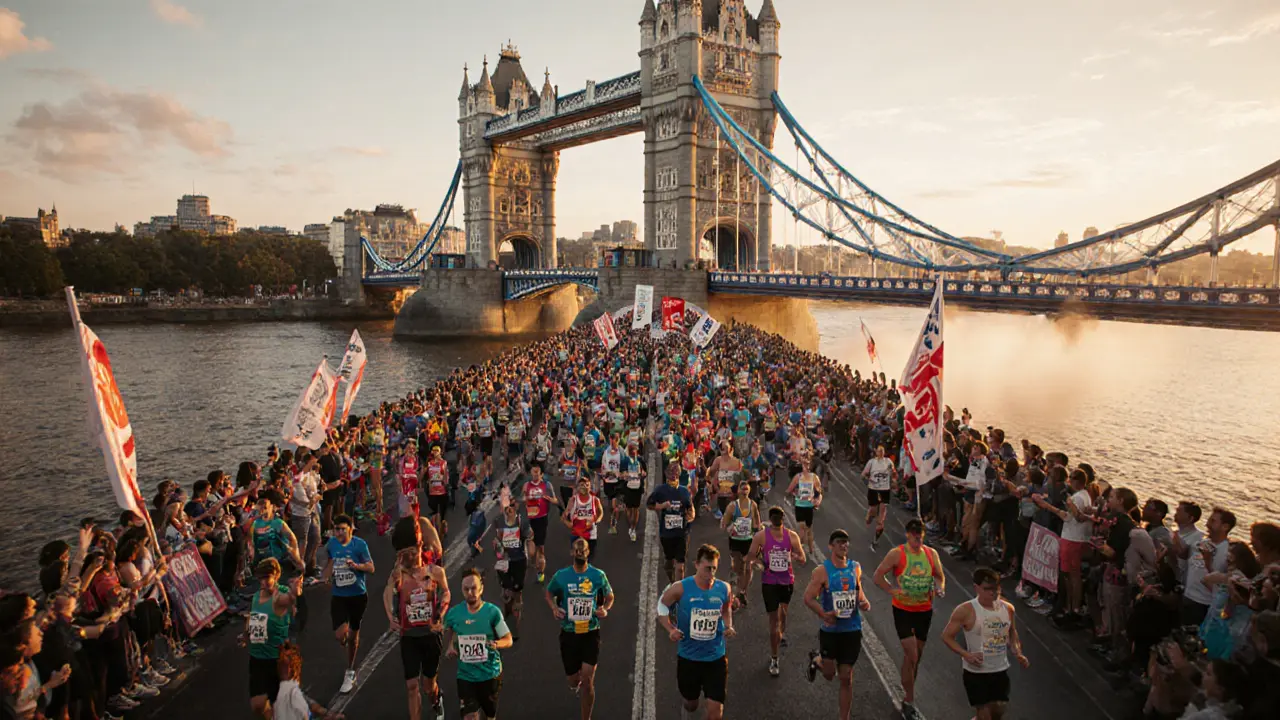Marathon Running: What Actually Works on Race Day
When you think about marathon running, a 26.2-mile endurance challenge that tests physical limits and mental toughness. Also known as long-distance running, it’s not just about training harder—it’s about training smarter. Whether you’re lining up for the London Marathon 2025 or just dreaming about it, the real difference comes down to preparation, pacing, and knowing what to avoid when your legs are screaming.
Most people think marathon running is about logging miles, but the best runners know it’s about recovery, nutrition, and listening to their bodies. You don’t need to run 20 miles every weekend—you need to recover well after your long runs. You don’t need the fanciest shoes—you need ones that have broken in without blisters. And you don’t need to start at 5 a.m. every day—you need consistency over six months, not intensity over two weeks. The race day tips you find in real runner journals aren’t about magic tricks. They’re about simple things: hydrating before the start line, wearing what you’ve trained in, and not chasing the person in front of you at mile five.
Training for a marathon also means understanding your own limits. Some runners hit the wall at mile 18 because they didn’t practice fueling during long runs. Others burn out because they tried to copy someone else’s plan. Your body isn’t theirs. The running training that works for a 30-year-old office worker is different from what helps a 45-year-old parent training after bedtime. And in a city like London, where the London Marathon 2025 draws tens of thousands, you’re not just competing against the clock—you’re navigating crowds, weather shifts, and the energy of a whole city cheering you on.
What you’ll find in the posts below aren’t generic advice or motivational quotes. They’re real, practical insights from people who’ve crossed the finish line—whether it’s knowing what to wear on race day, how to avoid hitting the wall, or why your pre-race pasta dinner might be doing more harm than good. You’ll see what works for London runners, what doesn’t, and how to make marathon running feel less like a punishment and more like a personal win.
- Lorcan Whitmore
- November 9, 2025
- Comments 0

